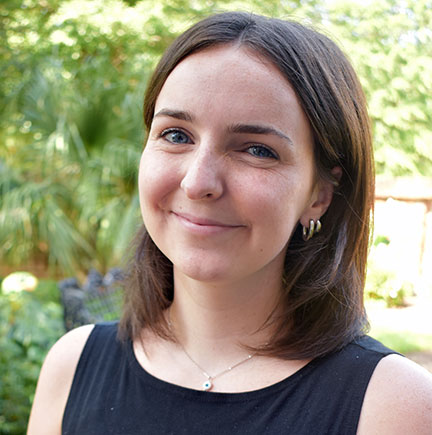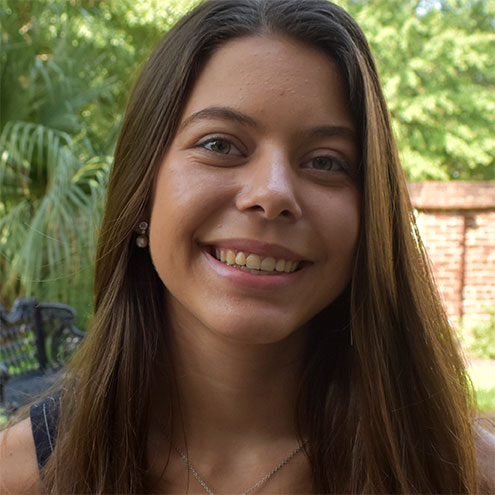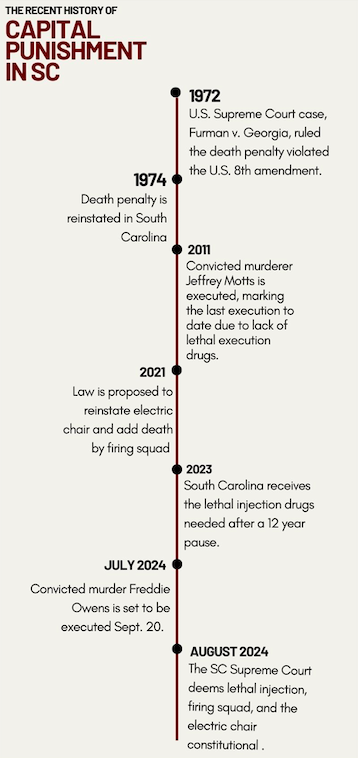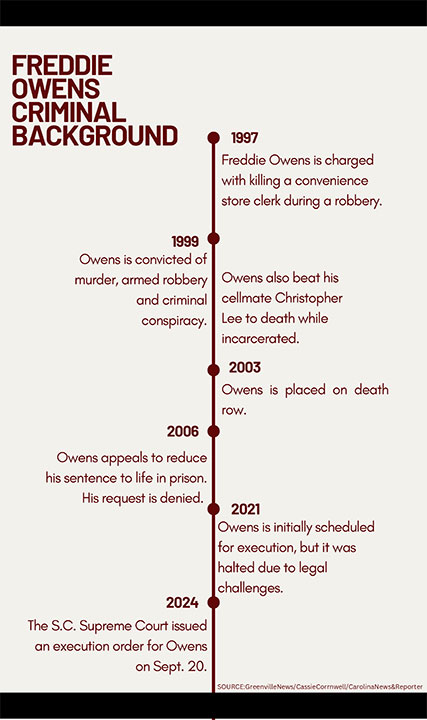Rev. Sharon Risher, whose mother, Ethel Lance, was killed by Dylann Roof along with eight other people at Emanuel AME Church in 2015. Risher, who is against the death penalty, speaks here to a gathering of people in Greenville, S.C., in April 2021. (Photo courtesy of Rev. Hillary Taylor/Carolina News & Reporter)
Some 27 years ago, 19-year-old Freddie Owens killed a woman in a gas station robbery.
Next month, state officials decided recently, he’ll face the ultimate consequence for his actions: the death penalty.
Owens’ execution, scheduled for Sept. 20, will be the first in South Carolina since 2011, ending a hold on executions because of a shortage of lethal injection drugs.
High-profile former criminal justice officials weighed in on the issue recently with the Carolina News & Reporter.
In an attempt to resume executions, South Carolina legislators proposed the option of death by firing squad in 2021.
That’s something Jon Ozmint, former director of the South Carolina Department of Corrections, said is unnecessary.
The “Legislature failed to heed our warnings back before 2011 and failed to take action to make sure that we could continue executions, and then panicked and passed a silly law instead of just doing what the department and the professionals had asked them to do,” Ozmint said.
Lawyers for convicts on Death Row had argued the approved options for capital punishments were cruel and unusual. But in July, the South Carolina Supreme Court ruled that lethal injection, firing squad and the electric chair were all constitutional methods of execution.
“I’ve seen multiple men die, and it’s about as peaceful a death as you could hope for,” Ozmint said of lethal injection. “It’s a more peaceful death than most of our loved ones get.”
For many, the death penalty has raised discussions about morality and justice. But some remain concerned about the financial impact of the punishment. Studies show that execution costs more than life imprisonment, leaving taxpayers to wonder if capital punishment is worth the financial burden.
“It costs way more money to execute a defendant than to put him in prison for the rest of his life,” former U.S. attorney Bill Nettles.
Finances are not the only issue for those against the death penalty. Discrimination is prevalent, according to Rev. Hillary Taylor, executive director for the South Carolinians for Alternatives of the Death Penalty.
“The death penalty is disproportionately used against black and brown people,” Taylor said. “Not only is it used against people who are working class or impoverished, it’s also used against people who have persistent mental health issues and people who have learning disabilities.”
Discrimination is not the only factor that can influence the decision to pursue the death penalty. Attorney John M. Rollins, former counsel for Owens during his first trial, said politics plays a role as well.
“You’d see death penalties pop up when it was an election year, because this case was just a run of the mill armed robbery murder,” Rollins said.
Nettles feels that despite its flaws, the U.S. criminal justice system is unmatched.
“To my knowledge, it’s the best one in the world,” he said. “Having said that, it’s not perfect. And so what we are doing is relying on an imperfect process, to make one of the most irreversible acts.”
Owens’s fate is still set in stone.
“You either believe it’s OK for the state to execute a citizen or you don’t,” Nettles said.
ABOUT THE JOURNALISTS

Katie Rojas
Rojas is a senior journalism student from Irmo, S.C. She has written opinion pieces for the student-run Daily Gamecock for two years and interned with Emily Marketing in Newberry, S.C. When she’s not chasing stories, she loves to travel and find her next adventure.

Cait Dee
Dee is a senior journalism student at USC. She has interned for her hometown newspaper, the Eagle Tribune in North Andover, Massachusetts, for two years. And she works part time for the Daily Times Chronicle in Reading, Massachusetts. Dee has an interest in political reporting and hopes to pursue a career as a political journalist.

Cassie Cornwell
Cornwell is a junior journalism major at USC from Gilbert, S.C. She has interned at the nonprofit Homeless No More and has written news stories for The Daily Gamecock. She wants to pursue investigative journalism, in South Carolina if possible.




